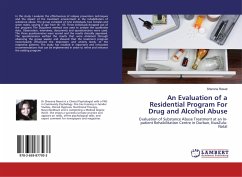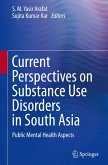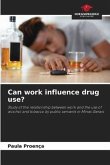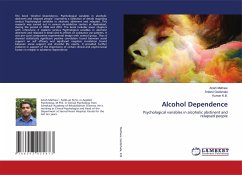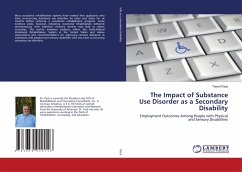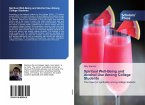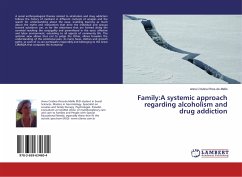This study examined if individual differences in behavioral inhibition contribute to alcohol and other drug (AOD)-related problems through the mechanism of using AOD to cope with negative affect, especially in individuals with higher levels of response perseveration. Results indicated a lack of an association between behavioral inhibition and AOD-related problems and potential explanations for this are reviewed. Post-hoc analyses provided a profile of clinical indicators within an at-risk sample and indicated that behavioral inhibition approached significance as a quadratic predictor. As such, this study provides identification of factors that convey risk for problematic AOD use (moderate levels of behavioral inhibition, high levels of using to cope). Additionally, the unexpected nature of the relationship between response perseveration and AOD-related problems may indicate a discrepancy between self-report and actual problems which may be attributed to failure to recognize the behavior as problematic. Results of this study provide insight into how impairments in problem recognition (PR) may perpetuate addictive behavior and support the use of clinical techniques that increase PR.
Bitte wählen Sie Ihr Anliegen aus.
Rechnungen
Retourenschein anfordern
Bestellstatus
Storno


